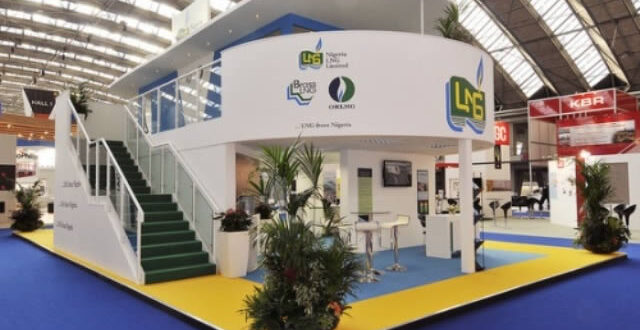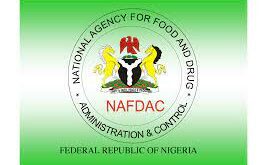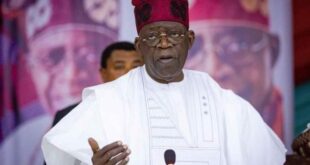The Nigeria Liquefied Natural Gas Limited (NLNG) has announced a significant increase in its annual production of Liquefied Petroleum Gas (LPG), popularly known as cooking gas, reaching over 1.5 million metric tonnes.
The company has also started selling LPG in naira, as opposed to the usual practice of using US dollars.
This development comes at a time when operators in the oil and power sectors have been advocating for the sale of LPG and Liquefied Natural Gas in naira, especially since the devaluation of the local currency against the dollar.
The call for naira transactions has also been extended to the sale of crude oil, which is currently sold in dollars to both international and domestic buyers.
During a panel session at the ongoing 7th Nigeria International Energy Summit in Abuja, the General Manager, Finance, NLNG Limited, Fatima Adanan, stated that the multi-billion dollar firm had ramped up its LPG production to 1.5 million metric tonnes and was supplying all of it to the Nigerian market.
She emphasized that “NLNG is selling LPG in naira,” in an effort to deepen cooking gas penetration across the country.
According to Adanan, “When we started, we were producing 70,000MT, today we are producing upwards of 1.5million MT of LPG, and for this LPG, our sole designated distribution point is Nigeria.
So part of our vision as a company is to make Nigeria a better place.”
Despite this significant increase in production, Nigeria still requires more LPG to meet its needs, leading to ongoing importation.
However, NLNG aims to provide more LPG in the coming years to address the country’s energy mix and climate goals.
NLNG shareholders include the Nigerian National Petroleum Company Limited, Shell Gas B.V., TotalEnergies Gaz & Electricité Holdings, and Eni International.
The company’s unique ownership structure allows it to operate as an independent incorporated joint venture with its own board of directors and management team.
In response to concerns about the high cost of cooking gas, Adanan explained that the cost of the commodity produced by the plant is cheaper, but a larger percentage of the product is being imported by marketers at higher rates.
This may be a reason for the high cost of cooking gas, as marketers price the product based on the cost of the imported one, rather than the cost of the NLNG’s production.
The Federal Government has recently announced a ban on the exportation of cooking gas to increase its volume domestically and to bring down the price.
A committee, headed by the Chief Executive of the Nigerian Midstream and Downstream Petroleum Regulatory Authority, Farouk Ahmed, has been working on this issue since November 2023.
Subscribe to the Advocate News letter and receive news updates daily in your inbox.
 Advocate.ng Latest news update on politics, entertainment, sport and more
Advocate.ng Latest news update on politics, entertainment, sport and more




